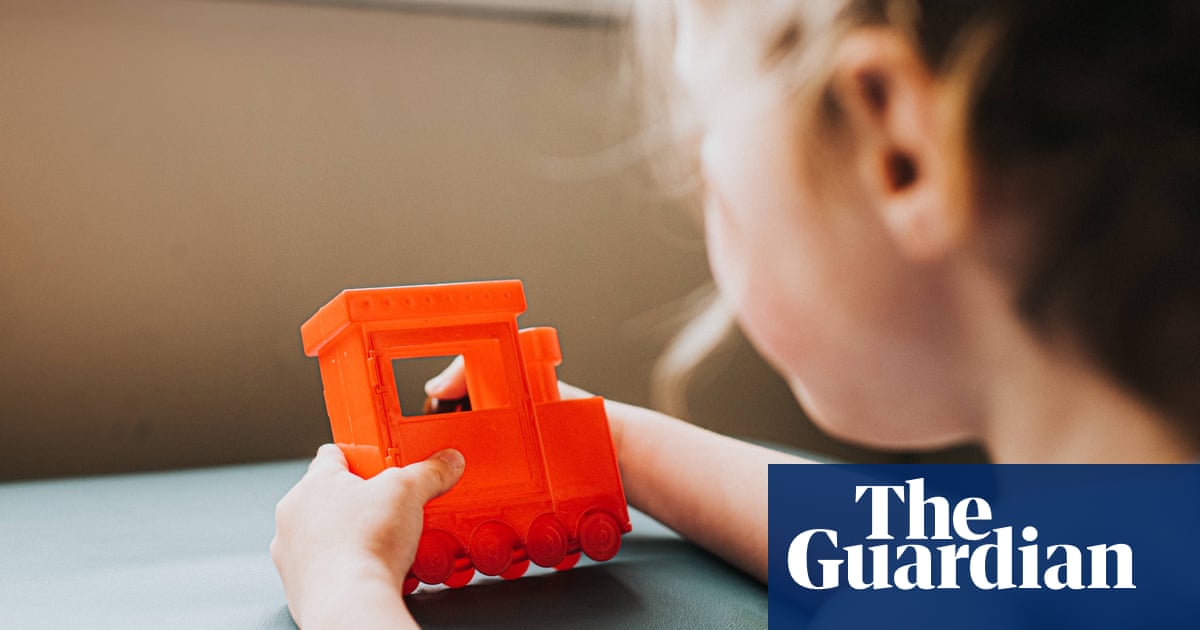- cross-posted to:
- [email protected]
- cross-posted to:
- [email protected]
Studies find red, blue and green plastic decomposes into microplastic particles faster than plainer colours
Retailers are being urged to stop making everyday products such as drinks bottles, outdoor furniture and toys out of brightly coloured plastic after researchers found it degrades into microplastics faster than plainer colours.
Red, blue and green plastic became “very brittle and fragmented”, while black, white and silver samples were “largely unaffected” over a three-year period, according to the findings of the University of Leicester-led project.
The scale of environmental pollution caused by plastic waste means that microplastics, or tiny plastic particles, are everywhere. Indeed, they were recently found in human testicles, with scientists suggesting a possible link to declining sperm counts in men.



I think it’s bad to have more micro plastics rather than less, at any given point in time
You’re still going to have the same amount in the long run, though. All this is doing is delaying the inevitable.
By that logic, we may as well burn all of our trash, because eventually it will be pollution so why not get it over with now?
Burning and breaking down are two different things.
Microplastics will last for thousands of years, so unless the less colorful plastics take thousands of years to break down to the point of bright ones, the difference is irrelevant.
It’s just so silly though. You’re dismissing the uncountable number of people absorbing unknowable amounts of micro plastics over the next few decades as unimportant.
Not only do we want to reduce exposure in the near term, we may find a way to effectively remove micro plastics from the environment in the future, so no, it’s not settled that releasing as many micro plastics as possible is fine as long as it would happen eventually anyhow
Is anyone making that argument? My thoughts are that we should reduce plastics (both macro amd micro) entering the ecosystem.
As 22% ends up as litter and directly enters the ecosystem, and 49% is put in landfill (which may enter the ecosystem later) is seems using less plastic is the best solution to this problem.
Edit: I forgot the link:
https://www.oecd.org/environment/plastic-pollution-is-growing-relentlessly-as-waste-management-and-recycling-fall-short.htm
We can and should use less plastic and also limit the rate of micro plastics…?
How about we reduce all plastics. It’s not going to happen in my lifetime but it would be something.
Yes obviously. we don’t have to do only one thing
Sure, but the impact would be less bad if you have the same amount spread over a longer time.
It’s the same impact. It’s the same amount of microplastic it just takes longer. If I give you the choice of 100 beans today or 1 bean each day for 100 days it’s still 100 beans. The total impact is identical it just takes longer.